
Age of Conquest: A Kings and Generals Podcast
Kings and Generals Podcast
- Update frequency
- every 6 days
- Average duration
- 36 minutes
- Episodes
- 288
- Years Active
- 2018 - 2025

History of the Mongols SPECIAL: Gunpowder
The rapid expansion of the Mongol Empire in the thirteenth century cannot be attributed to a single new military invention providing technological supremacy over their enemies. The weaponry and equip…
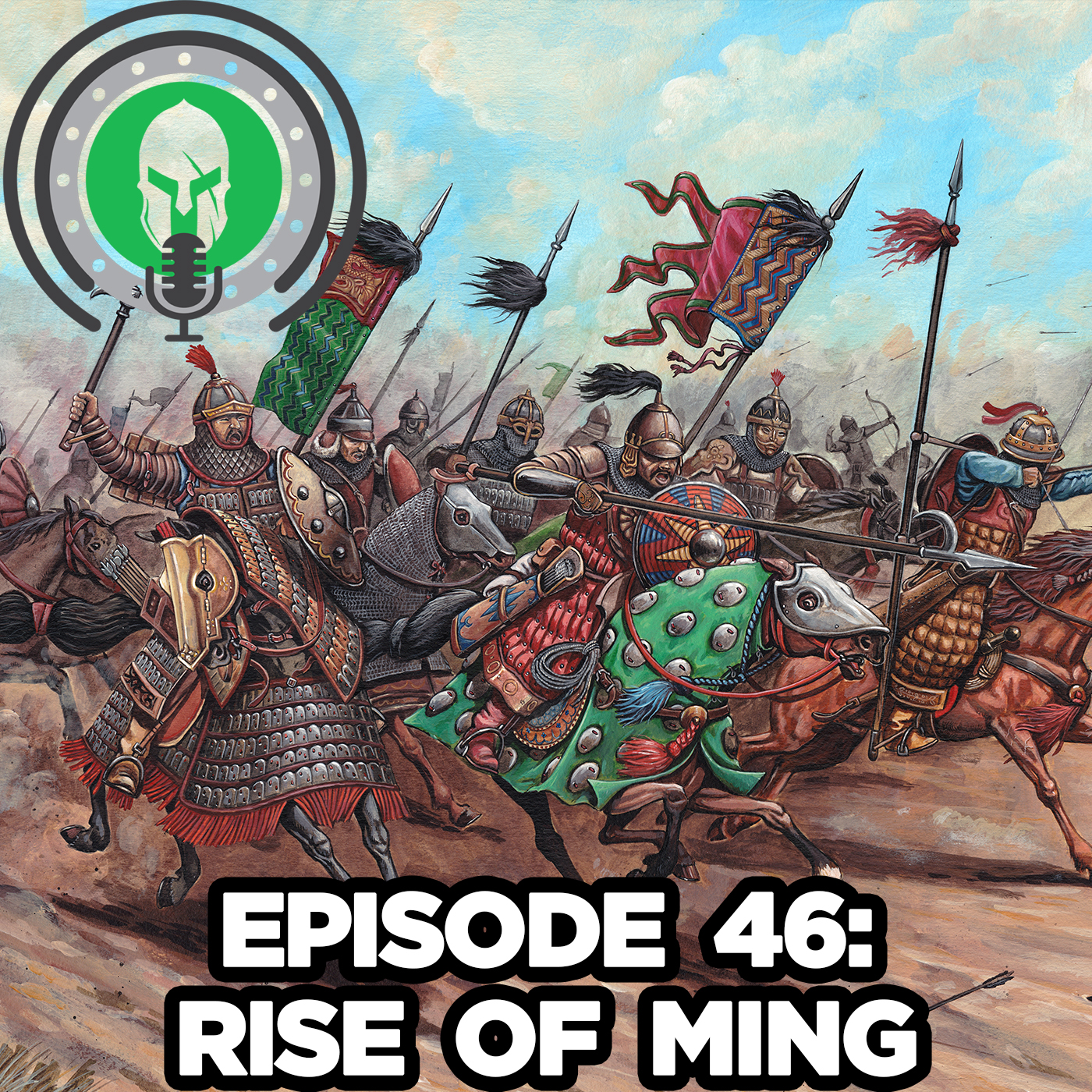
2.46. History of the Mongols: Rise of Ming
With the Yuan Dynasty reduced to an ever shrinking area of land around Dadu in north China, to tell the story of the expulsion of the Mongol rulers in 1368 is to tell the story of Zhu Yuanzhang, a pe…
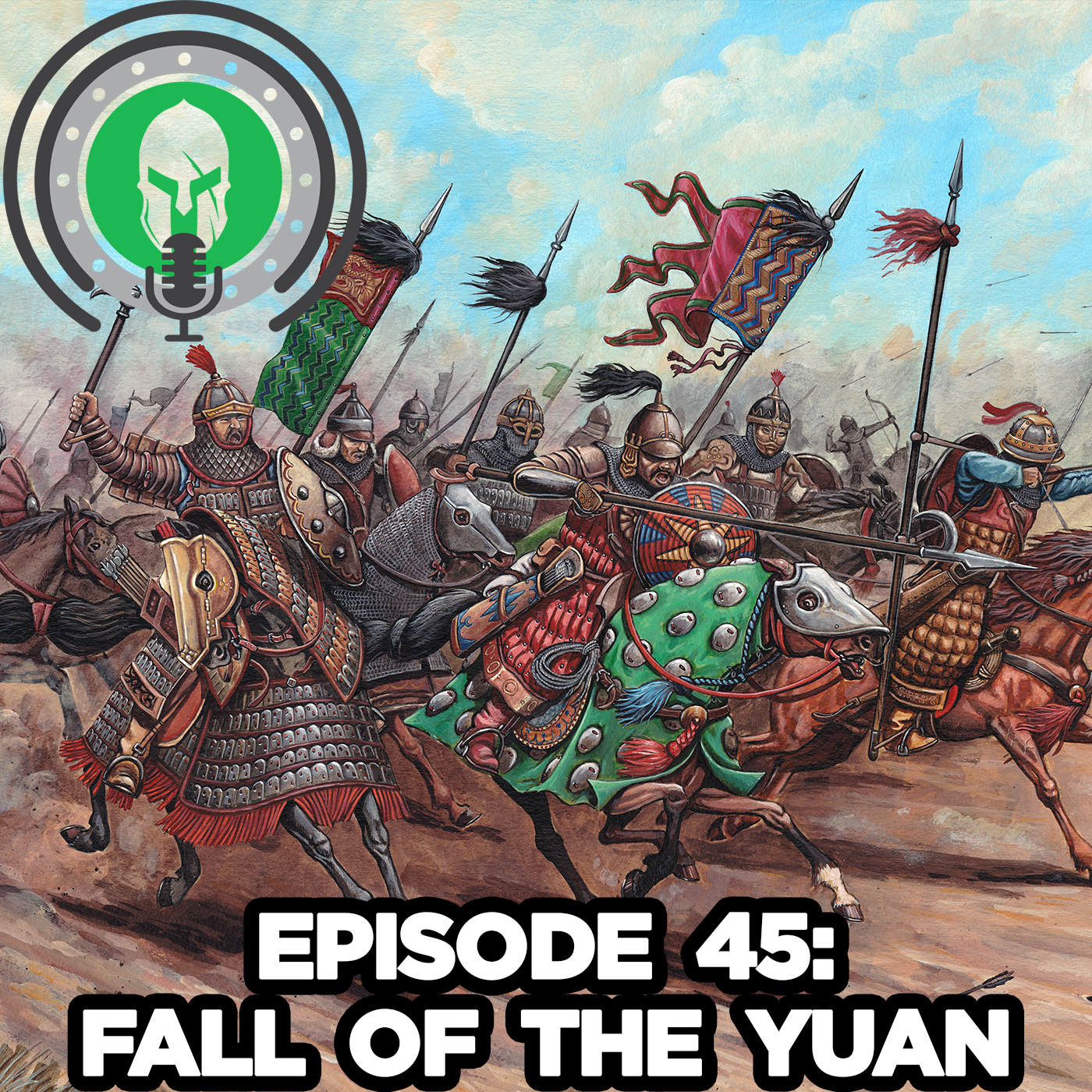
2.45. History of the Mongols: Fall of the Yuan
In the almost 40 years from the death of Khubilai Khan in February 1294, to the ascension of Toghon Temur Khan in July 1333, nine Khans of the Yuan Dynasty had been enthroned, with only Temur Oljeitu…
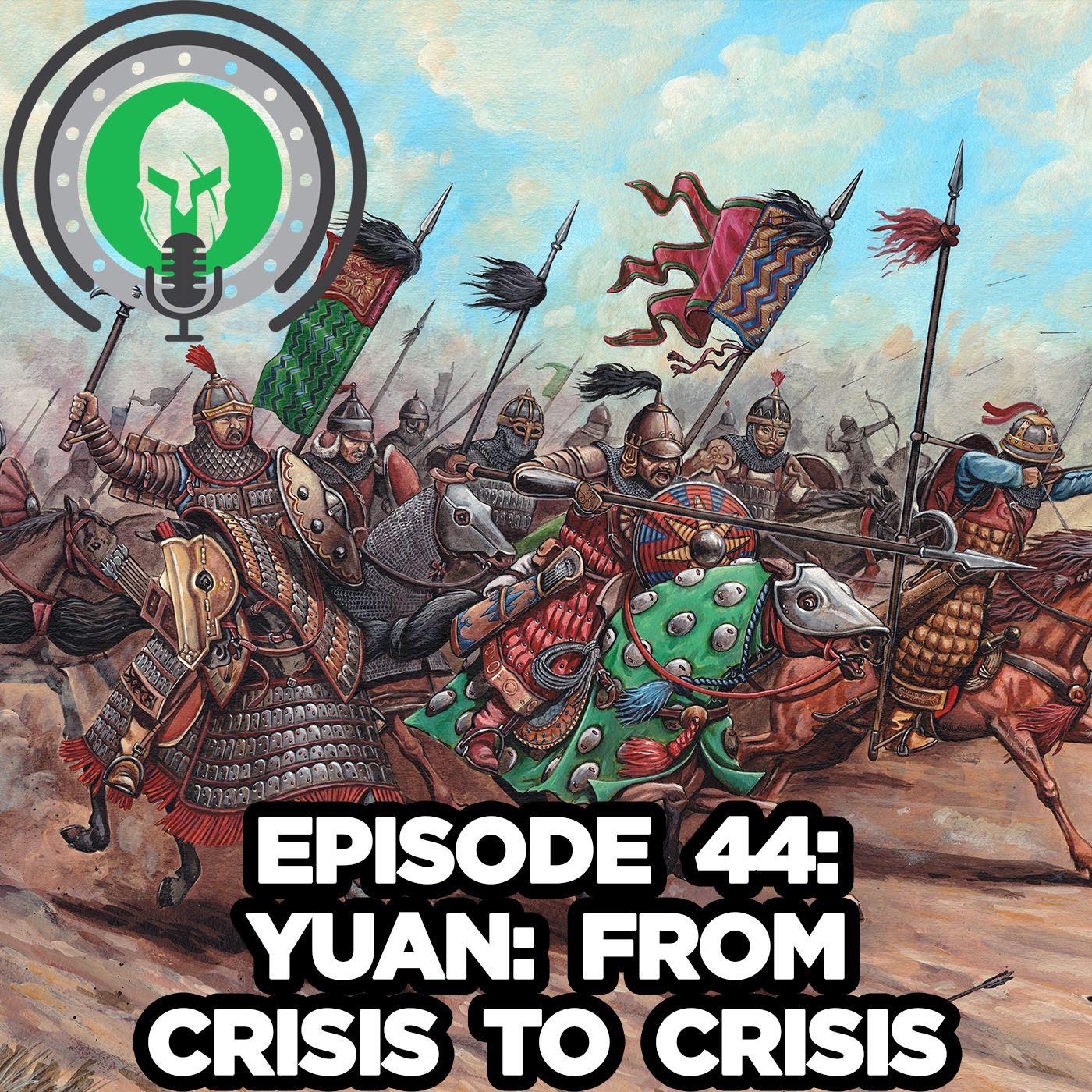
2.44. History of the Mongols: Yuan - From Crisis to Crisis
After Khuiblai Khan’s death in 1294, his successors ruled over the most powerful kingdom on earth, the Yuan Dynasty, controlling all of China and Mongolia. Yet not even one hundred years after the de…

History of the Mongols SPECIAL: Dr. John Latham-Sprinkle on the Alans
The history of the Mongol Empire is not just a history of the Mongols, but the people they interacted with. In today’s interview, our series historian, Jack Wilson, talks with Dr. John Latham-Sprinkl…
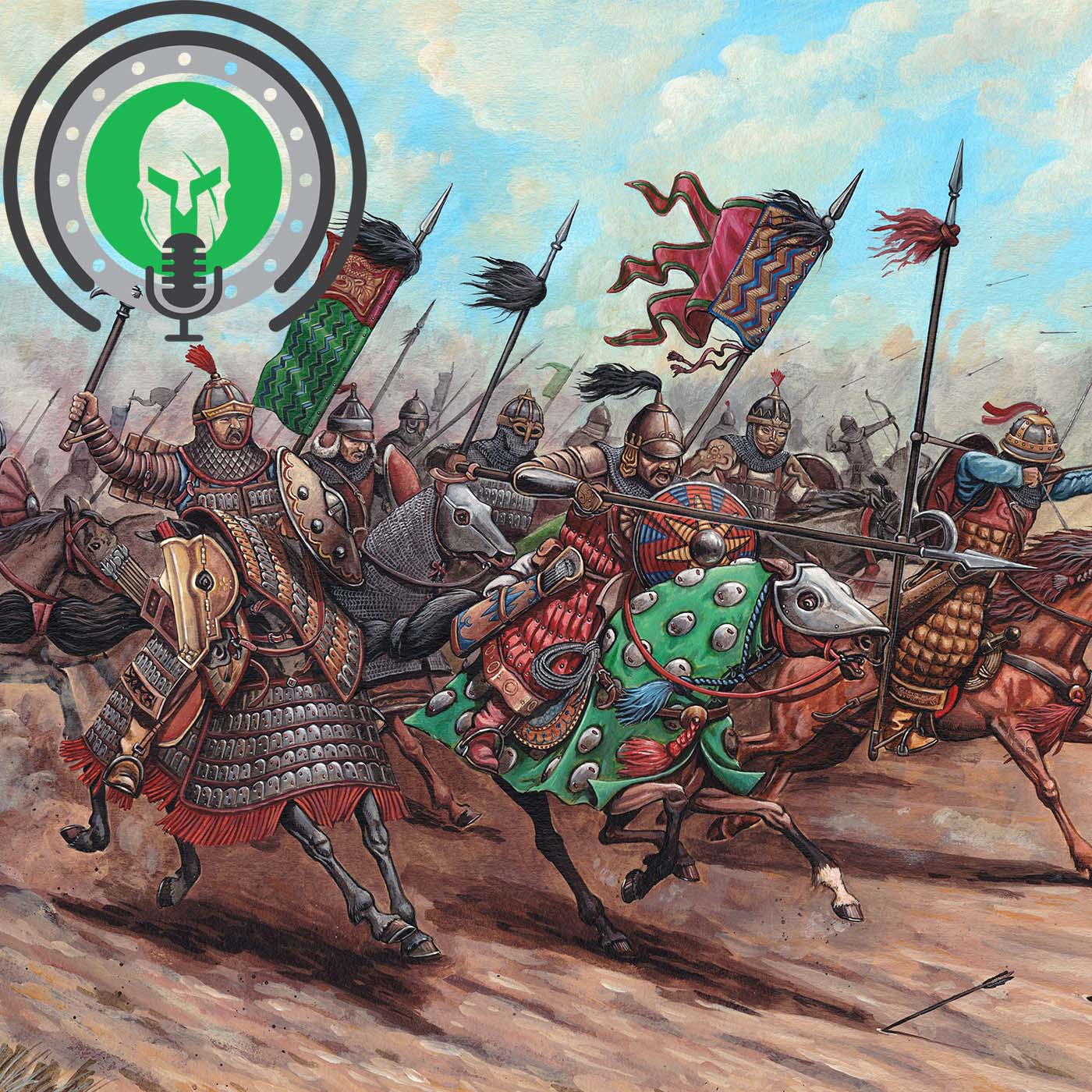
History of the Mongols SPECIAL: Rabban Bar Sauma
“There was a certain man who was a believer, and he was a nobleman and a fearer of God. He was rich in the things of this world, and he was well endowed with the qualities of nature; he belonged to a…
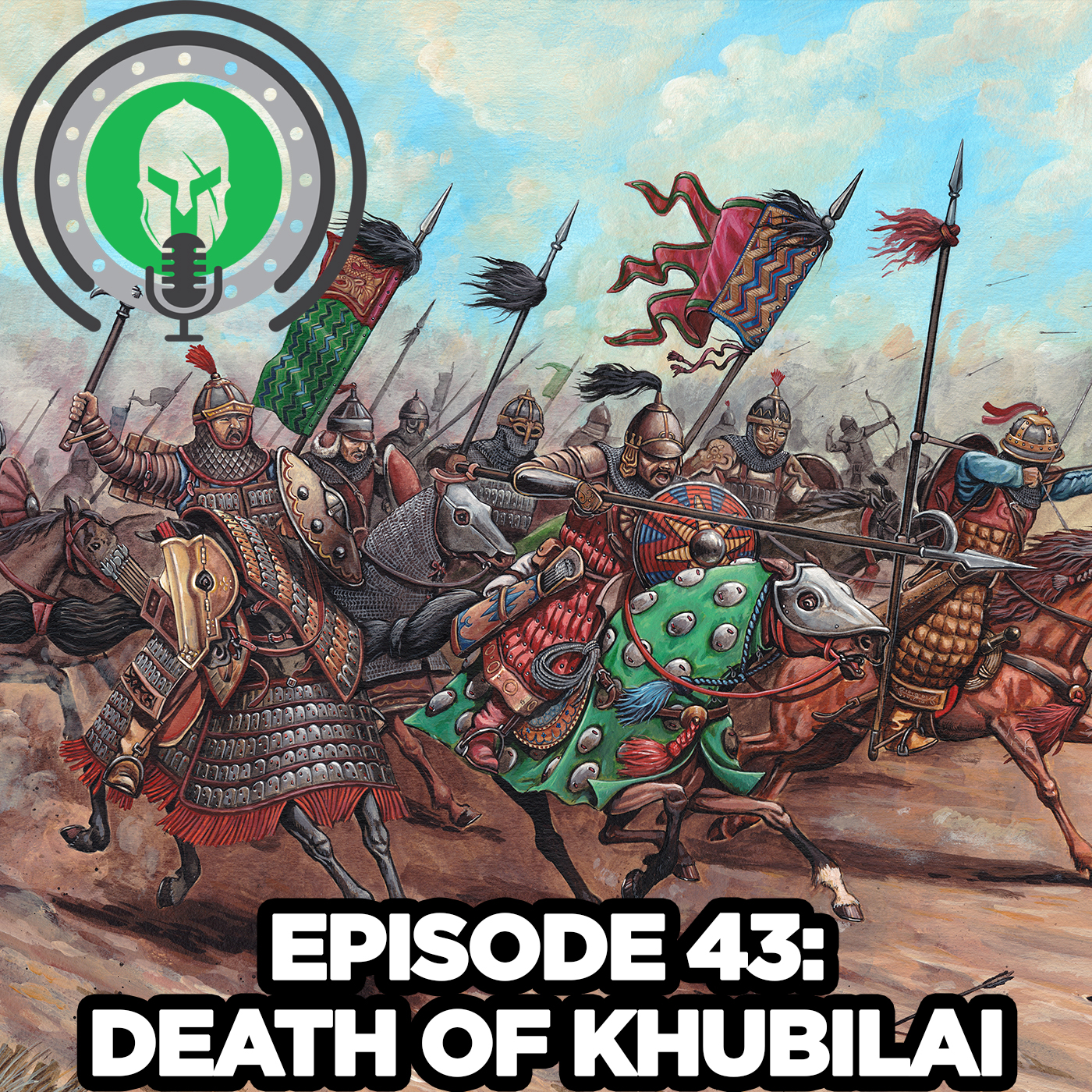
2.43. History of the Mongols: Death of Khubilai
The weight of years will bear down on each of us heavily, from the humblest farmer to the most august monarch. And Khubilai Khan, mighty even among the mighty, over his nearly forty year reign found…
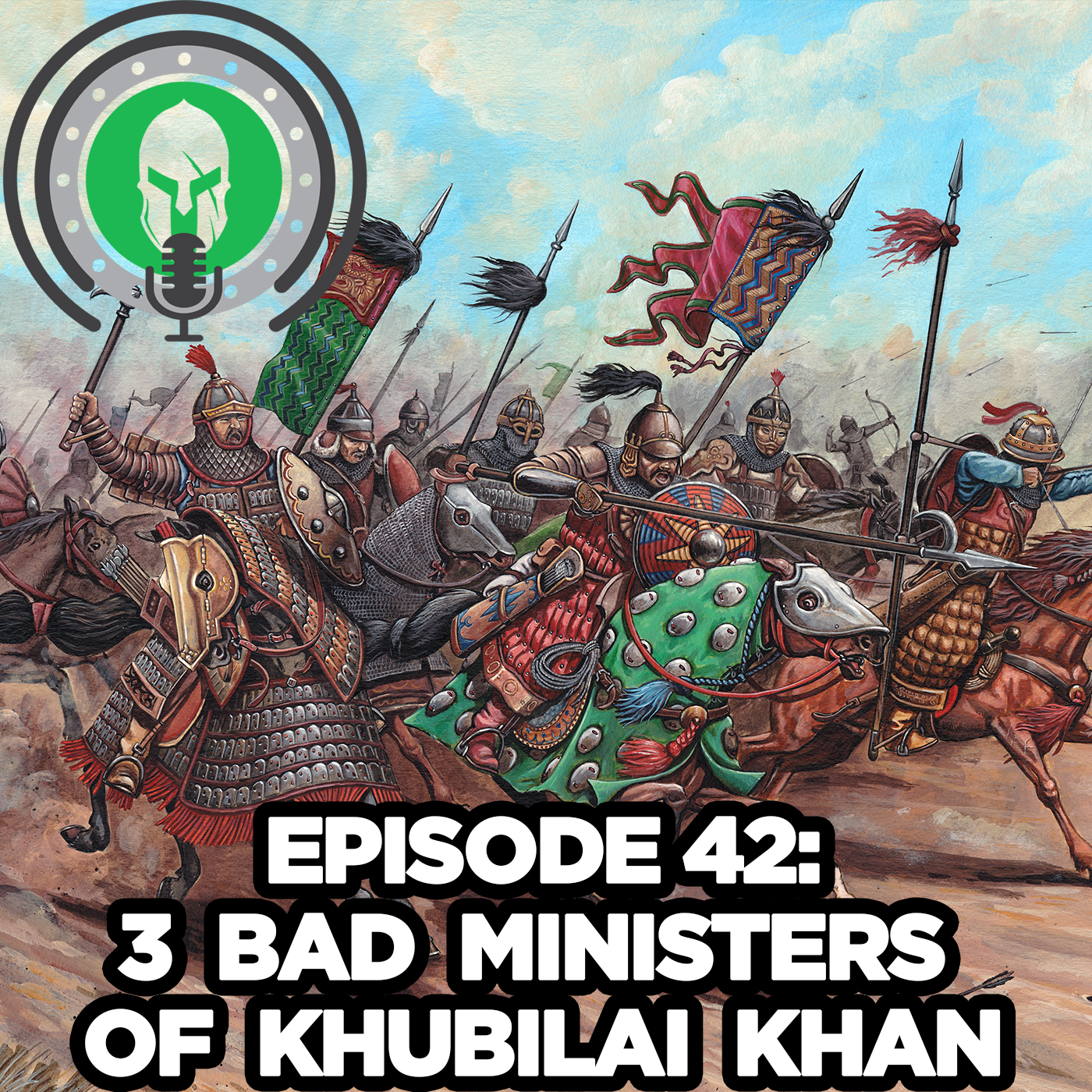
2.42. History of the Mongols: Three Bad Ministers of Khubilai
"You must know that, as we shall tell you later on, the Great Kaan has entrusted to twelve men the task of attending, as seems best to them, to all territories, governments, and everything else. Amon…
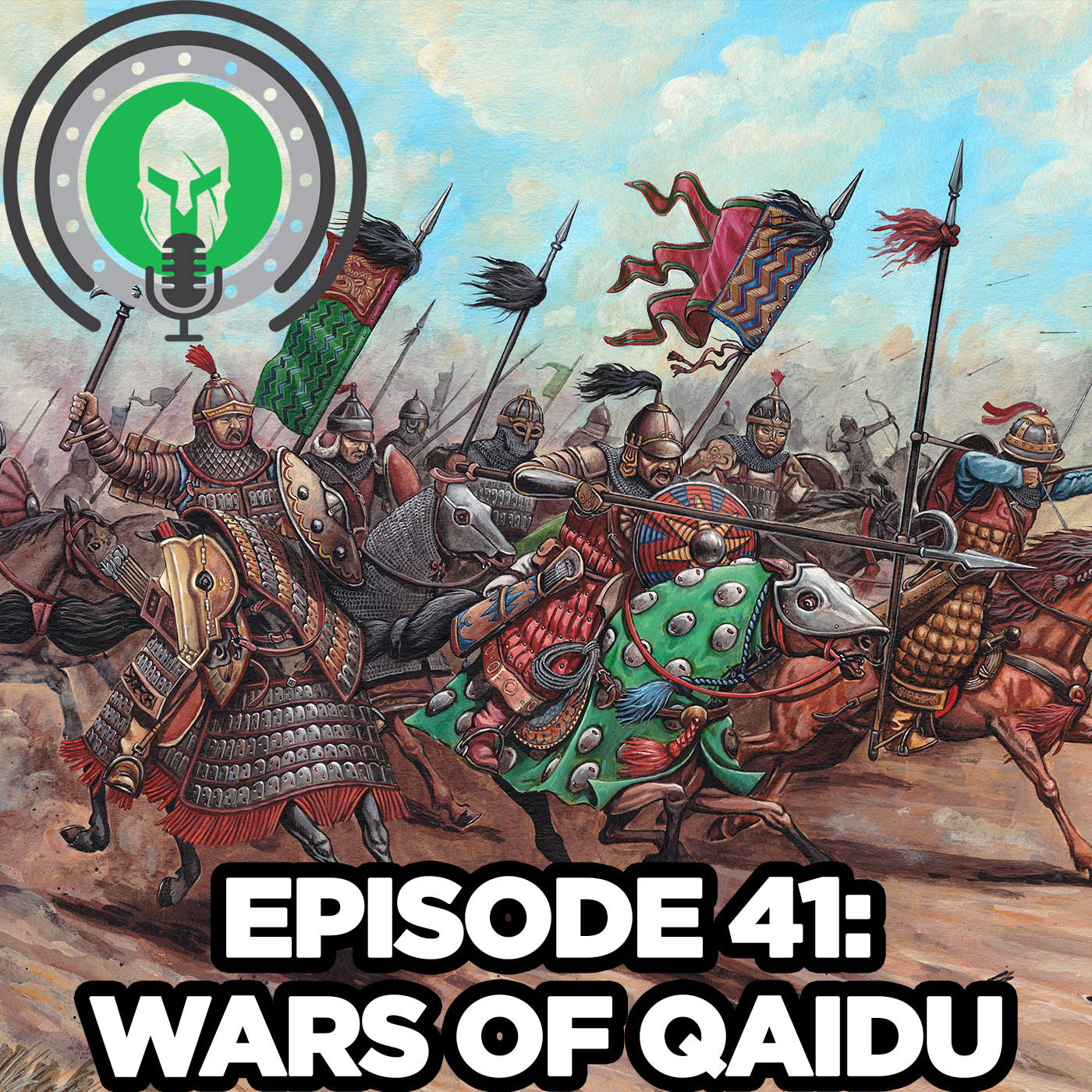
2.41. History of the Mongols: Wars of Qaidu
Qaidu was raised in Chinggis Khan’s camp, and after Ogedai Khaan he served in Mongke Khaan’s retinue. After him, he was with Ariq Boke, conspiring and amking efforts to elevate him to the khanate. Wh…
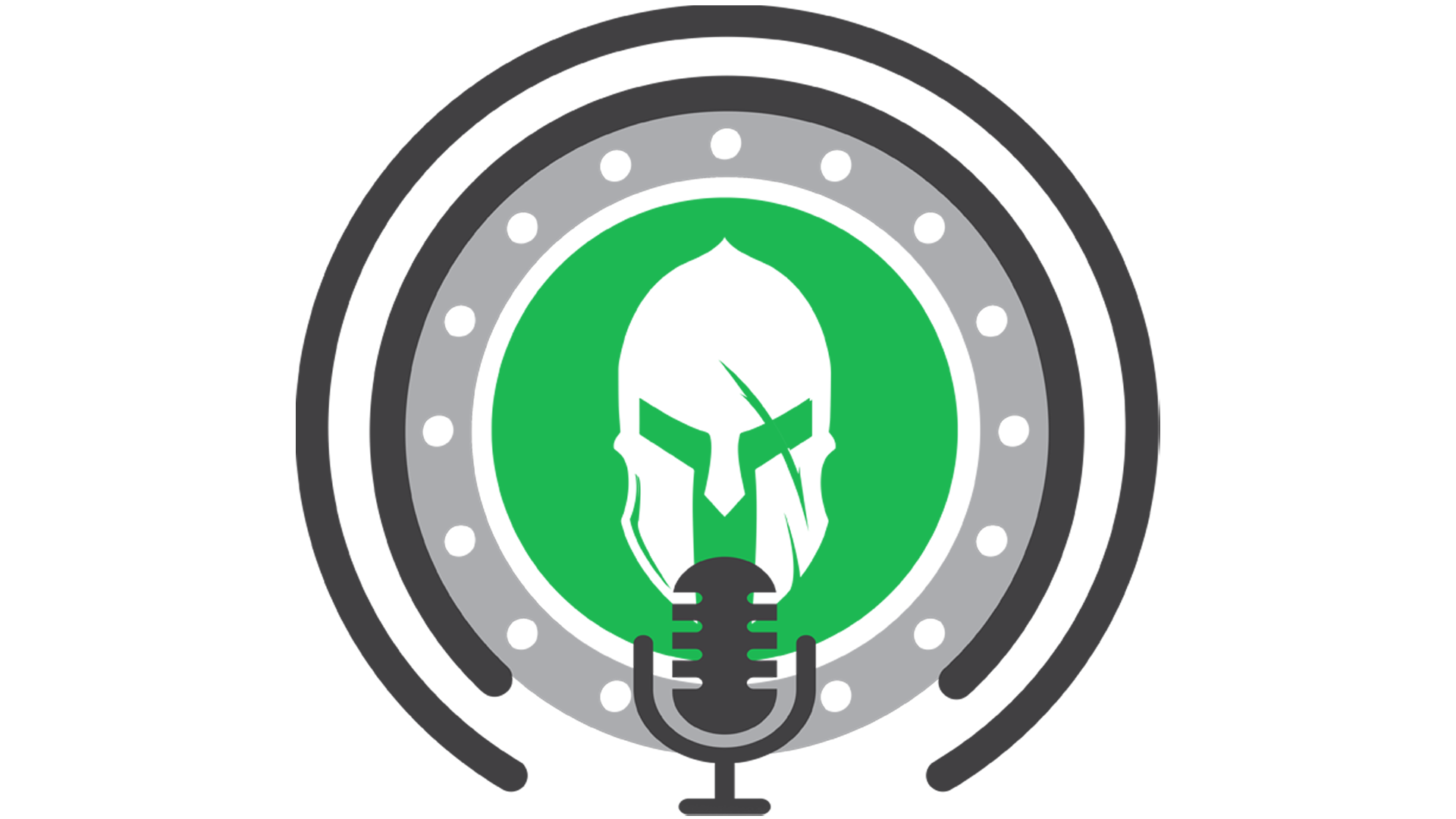
History of the Mongols SPECIAL: Dr. Michal Holeščák on the archeology of Mongols and Cumans Pt2
The Mongols were far from the only nomadic peoples to interact with Europe, even in the thirteenth century. Of these, the Cumans are perhaps the most well-known and have left us a considerable legacy…

History of the Mongols SPECIAL: Dr. Michal Holeščák on the archeology of Mongols and Cumans in Eastern Europe
The Mongols were far from the only nomadic peoples to interact with Europe, even in the thirteenth century. Of these, the Cumans are perhaps the most well-known and have left us a considerable legacy…
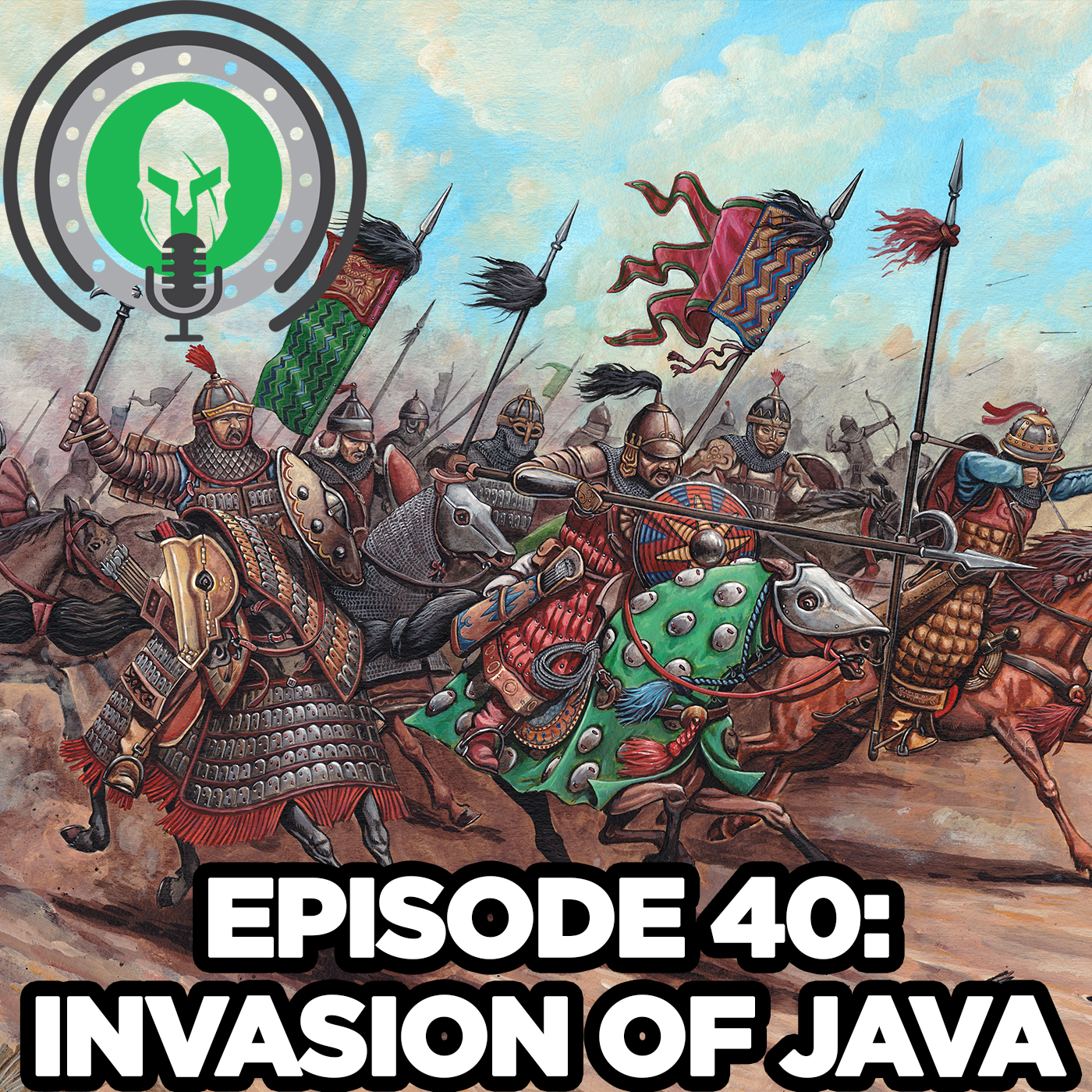
2.40. History of the Mongols: Invasion of Java
Around 40 episodes ago, we discussed Chinggis Khan fighting for control of the Mongolian steppe. Now, some 90 years later in our chronology, we will discuss his grandson sending Mongol armies acros…
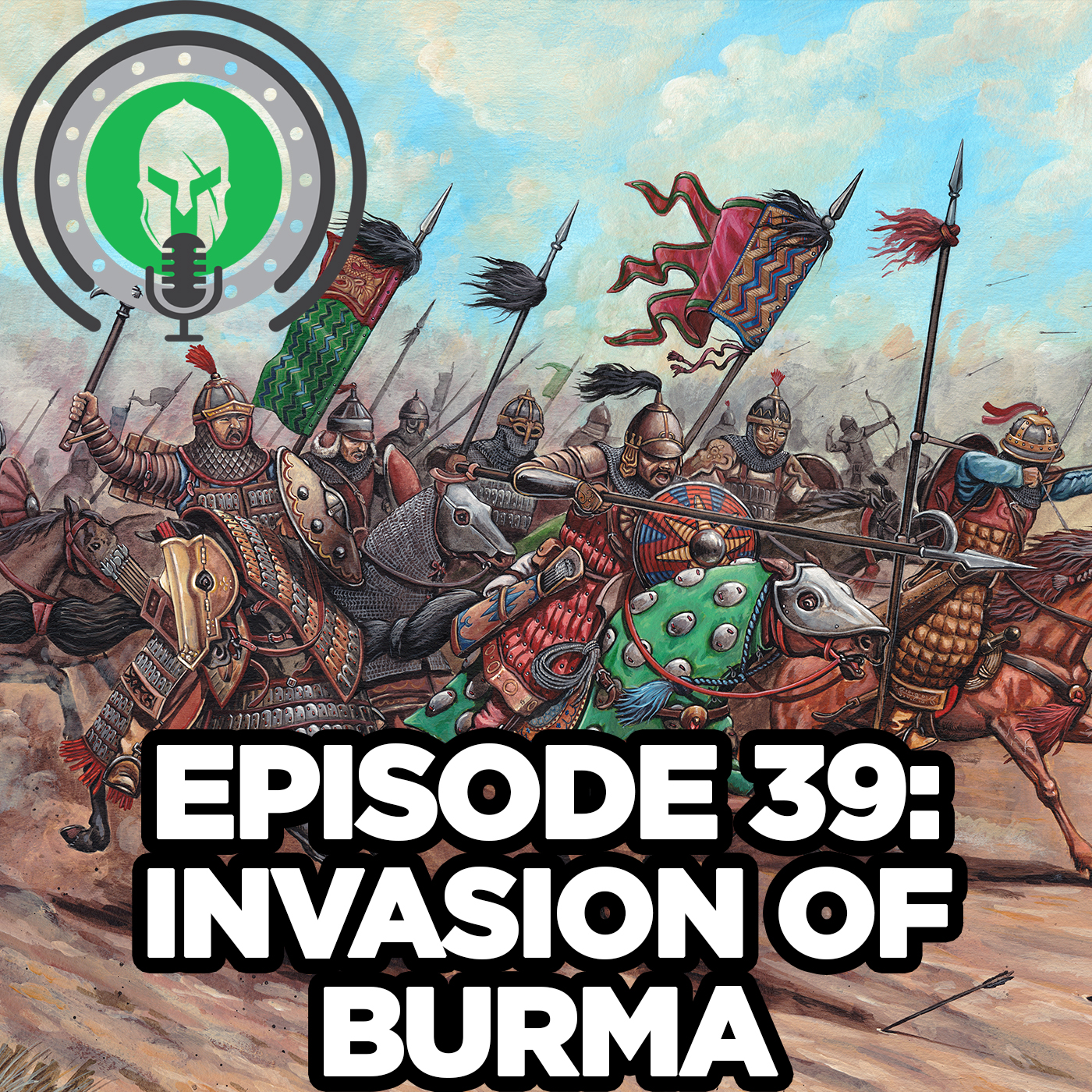
2.39. History of the Mongols: Invasion of Burma
On a thickly humid day, flanked by dense forest of a deep green, rows of archers astride skittish horses struggle to control their mounts. Their local allies, armed with bows and tightly clutched spe…

2.38. History of the Mongols: Invasions of Vietnam
“In the West there is a province called Kafje-Guh, in which there are forests and other places of difficult access. It adjoins Qara-Jang and parts of India and the coast. There are two towns there, L…
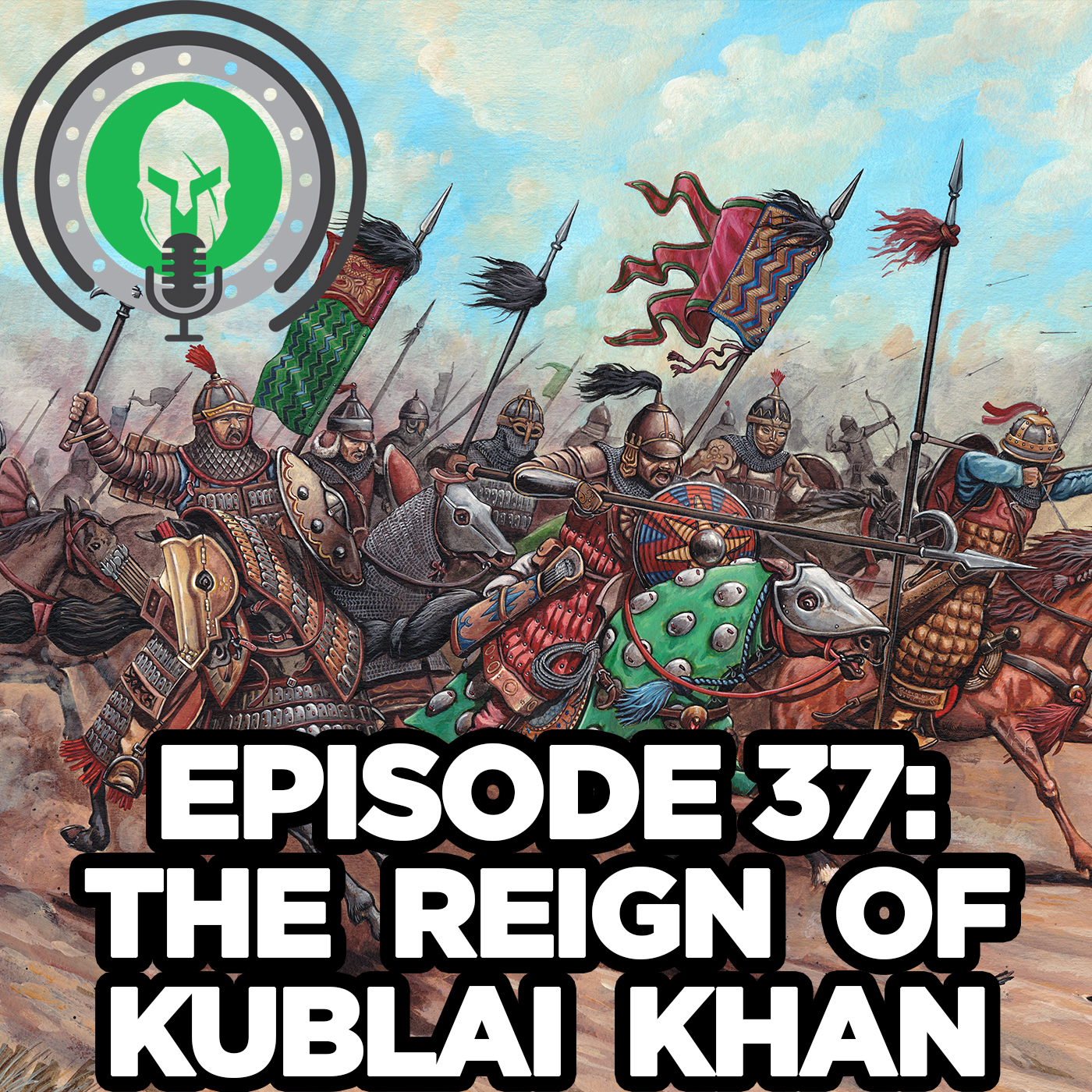
2.37. History of the Mongols: Kublai Khan's Reign
“Now I wish to tell you [...] all the very great doings and all the very great marvels of the very great lord of the Tartars, [...] who is called Kublai Khan, which [...] means to say in our language…

History of the Mongols SPECIAL: Dr. Stephen Pow discusses the terms Mongol and Tatar
Series researcher Jack Wilson and historian Stephen Pow discuss Pow's explanation for one of the most vexxing issues of Mongolian studies: what is the relation between the terms Mongol and Tatar, and…
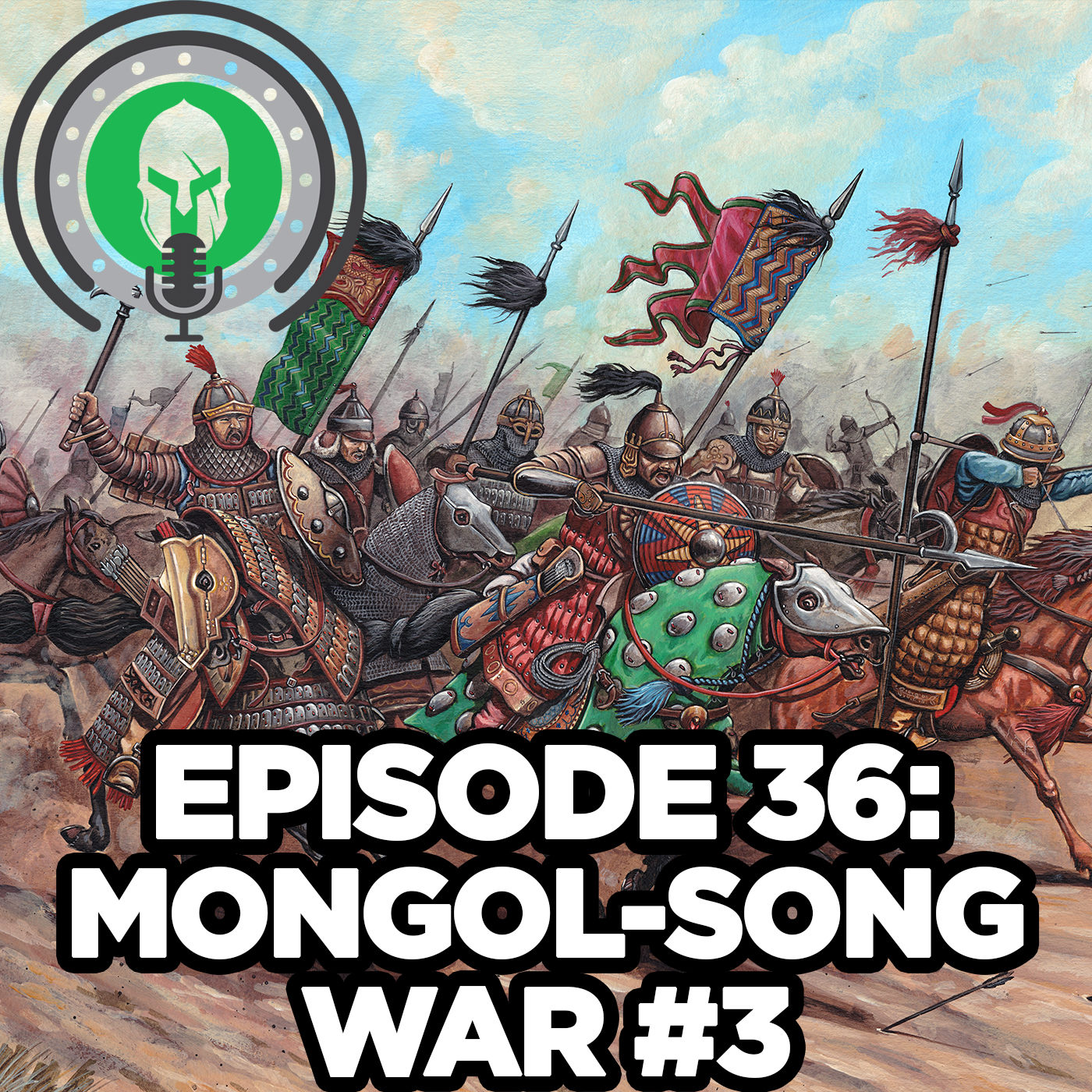
2.36. History of the Mongols: Mongol-Song War #3
“In the world there is the spirit of righteousness, taking many forms,
bestowed on the ever-changing things.
Below they are the rivers and mountains; above they are the sun and stars,
With people i…
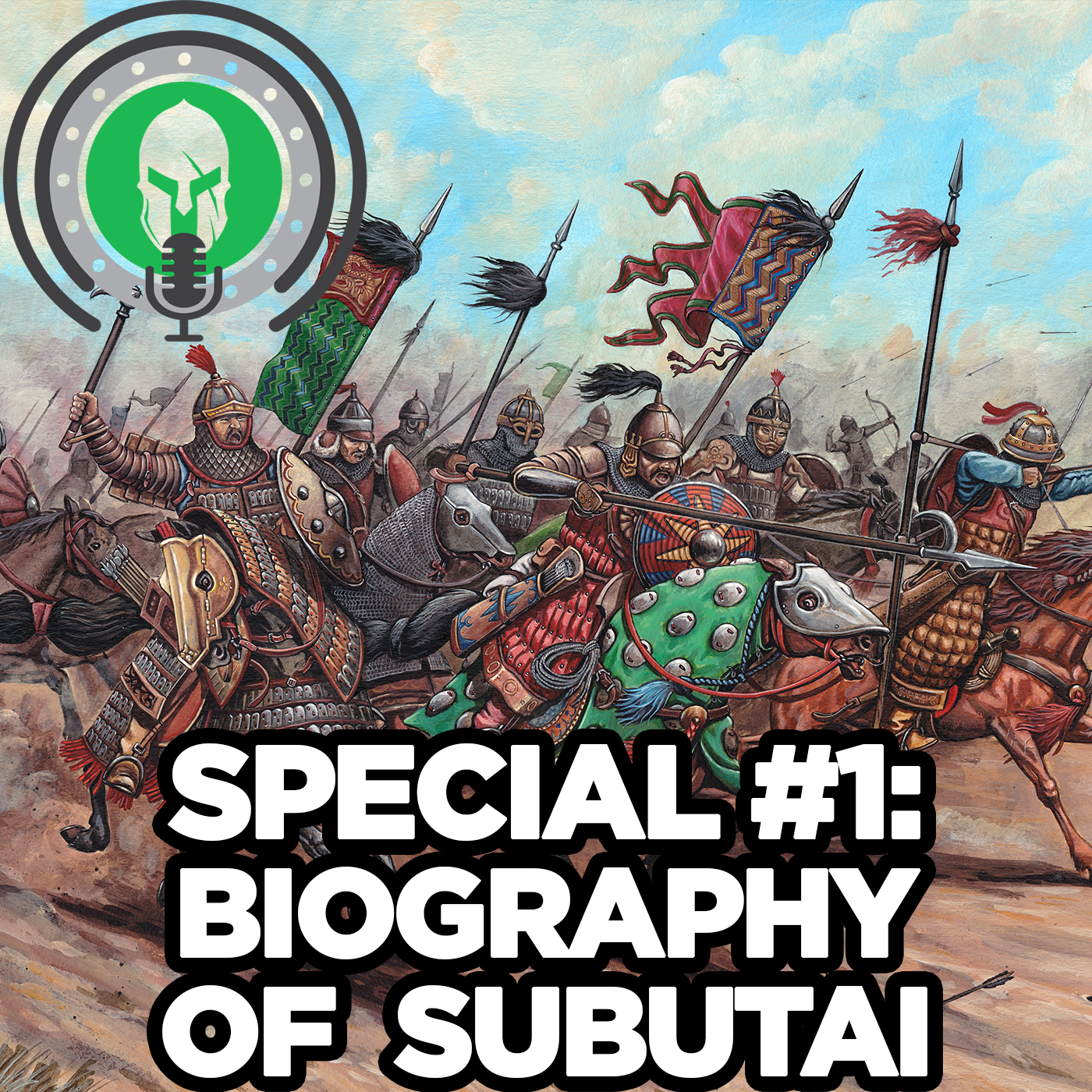
History of the Mongols SPECIAL: Subutai
To coincide with the release of the Kings and Generals Biography video of the Mongol general Subutai, for our podcast we’ll present for your listening an extended version of that script, courtesy of …

2.35. History of the Mongols: Mongol-Song War #2
This episode details the Mongol-Song war from the fall of Xiangyang to the capture of Hangzhou in 1276, and the final stand of the infamous Song Chancellor Jia Sidao, and the failures of the Song cou…

2.34. History of the Mongols: Mongol-Song War #1
With the loss of control over the western half of the Mongol Empire, Kublai Khan was left to direct his considerable energies against the single strongest holdout to Mongol rule; the Southern Song Dy…